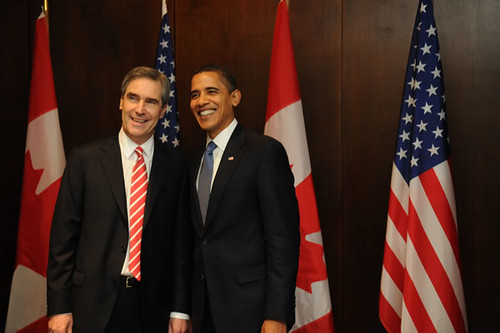Duluth, Minnesota (OpEdNews) December 19, 2021: The prolific Canadian author Michael Ignatieff's new 2021 book On Consolation: Finding Solace in Dark Times (New York: Metropolitan Books/ Henry Holt) contains not a word about the elaborate discussion of consolation (and desolation) in the Spiritual Exercises of St. Ignatius Loyola - perhaps because Ignatieff is a self-described "nonbeliever" (page xii). (I will further discuss consolation and desolation in the Spiritual Exercises of St. Ignatius Loyola below.)
In Ignatieff's "Preface" (pages xi-xv), he says, "This book had its origin in an unusual invitation. In 2017, I was invited to five a talk about justice and politics in the book of Psalms as part of a choral festival in Utrecht at which four choirs would sing settings of all 150 of the Psalms. My lecture was to take place in an interval between performances. Apart from what nearly everyone knows - 'the Lord is my shepherd' and 'though I walk through the valley of the shadow' [= desolation?] - I knew little about the Psalms, but I accepted anyway, telling myself I had time to learn. I studied them over a summer in the King James Version of the Bible, read Robert Alter's translations from the Hebrew, and gave the lecture" (pages xi).
Even though Ignatieff's book includes an "Index" (pages 277-284), the "Index" does not include Robert Alter (who is mentioned on pages xi, xiv, 10, 11, 18, and 264).
After Ignatieff's lecture, he sat with his wife and the rest of the audience in Utrecht to listen to the choirs sing the Psalms, with the words projected in Dutch and English above the stage. Ignatieff says, "The music was beautiful, the words were resonant, and the experience had a cathartic effect I have been trying to understand ever since. I came to give a lecture about justice and politics [in the Psalms], but I discovered consolation - in the words, the music, and the tears of recognition in the audience" (page xi).
So Ignatieff's new 2021 book began as his effort of "trying to understand the impact of the Psalms on me ['a nonbeliever'] and others in that concert hall in Utrecht" (page xii).
In Ignatieff's "Introduction: After Paradise" (pages 1-8), he says, "This book is a collection of portraits, arranged in historical order, each devoted to a single person in extremity who used the traditions they inherited to seek consolation. As we shall see, they did not always succeed, but we can learn from their struggles and find hope in their examples" (page 7).
Subsequently, Ignatieff's new 2021 book unfolds through the following parts:
Chapter 1: "The Voice in the Whirlwind: The Book of Job and the Book of Psalms" (pages 9-23);
Chapter 2: "Waiting for the Messiah: Paul's Epistles" (pages 24-39);
Chapter 3: "Cicero's Tears: Letters on the Death of His Daughter" (pages 40-55);
Chapter 4: "Facing the Barbarians: Marcus Aurelius' Meditations" (pages 56-69);
Chapter 5: "The Consolation of Philosophy: Boethius and Dante" (pages 70-86);
Chapter 6: "The Painting of Time: El Greco's The Burial of the Count of Orgaz" (pages 87-93);
Chapter 7: "The Body's Wisdom: Michel de Montaigne's Last Essays" (pages 94-107);
(Note: You can view every article as one long page if you sign up as an Advocate Member, or higher).





